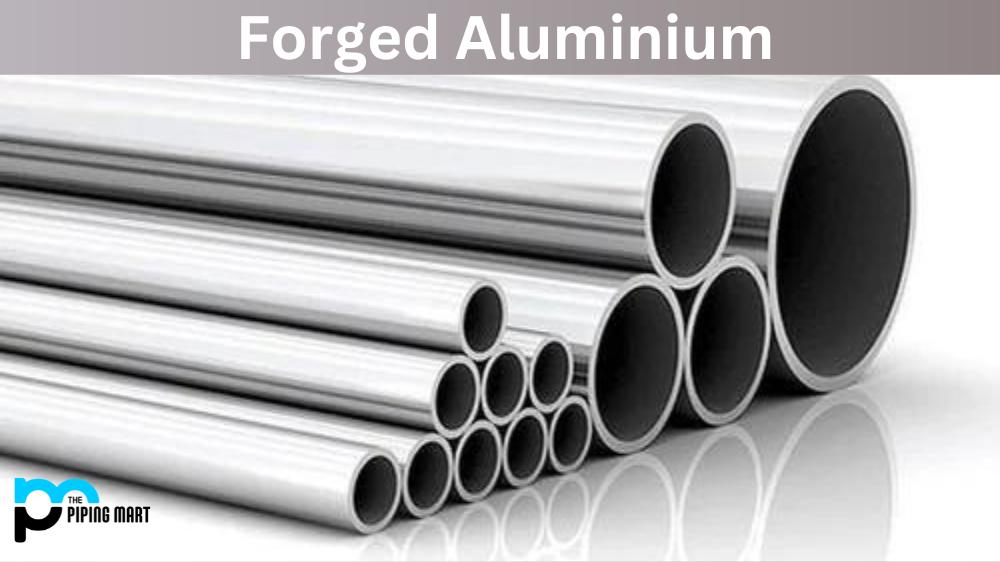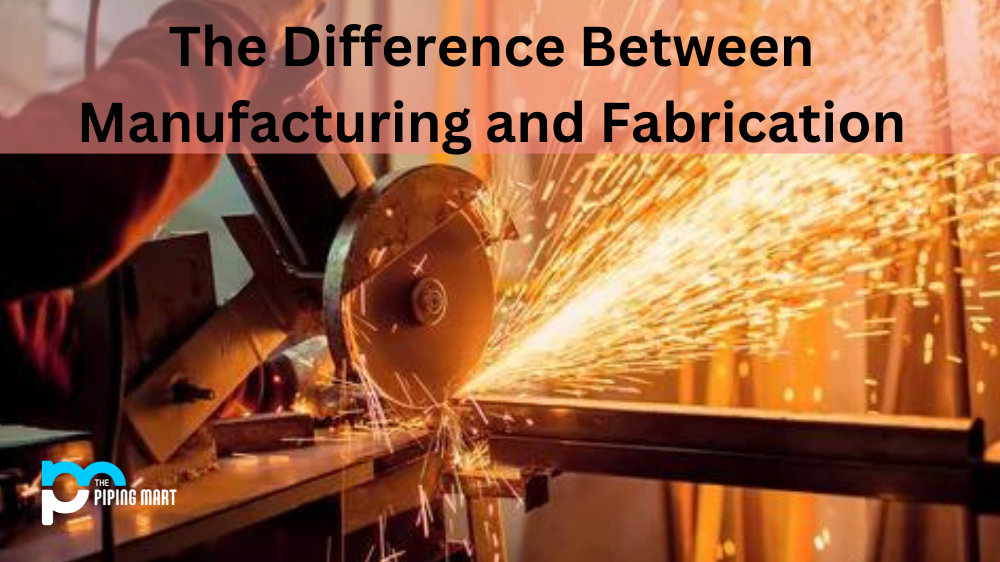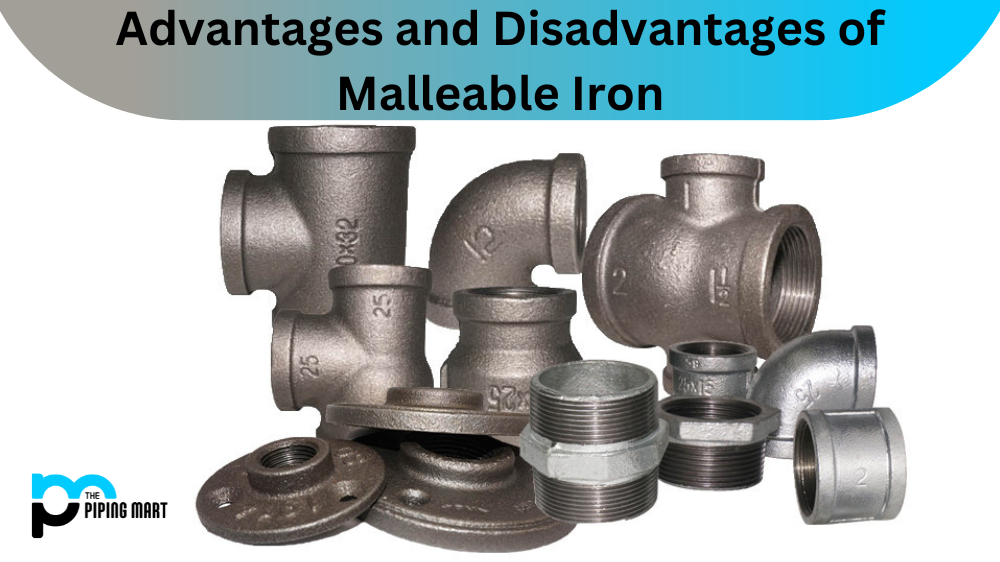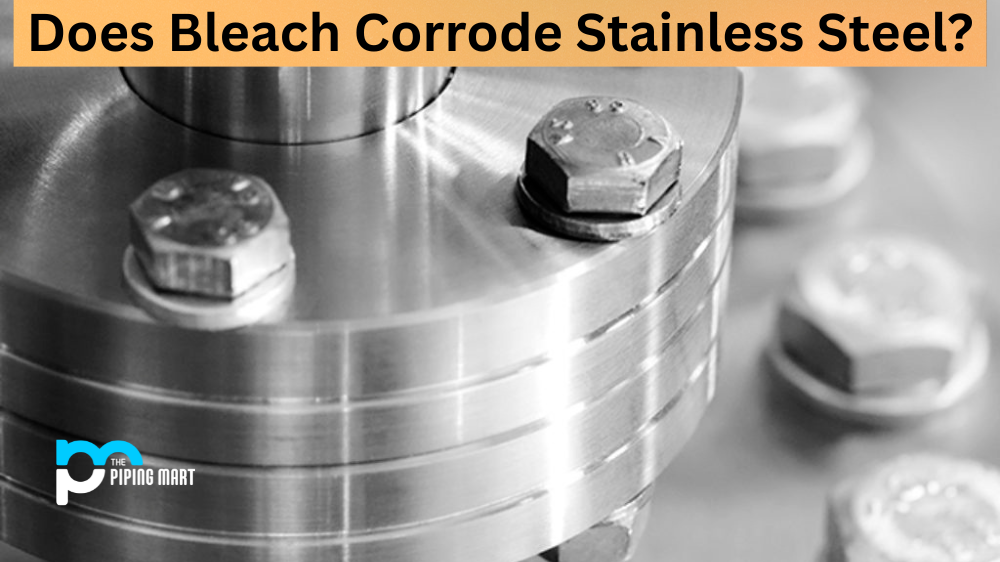Forged aluminum is an immensely popular material that is used in countless industries across the globe. It has many beneficial physical and mechanical properties and a wide range of uses. But what is forged aluminium? Let’s take a closer look at this strong, lightweight metal.
Forged Aluminum Composition
Forged aluminium is an aluminum alloy that combines two or more metals to create a single material with enhanced properties. The two most common types of forged aluminium are 6xxx and 7xxx alloys. The 6xxx series contains magnesium and silicon, while the 7xxx series contains zinc and copper. Both series can also contain other elements such as manganese, chromium, titanium and zinc.
Forged Aluminum Physical Properties
The physical properties of forged aluminium make it ideal for many applications. It is a highly lightweight metal, so it is often used in manufacturing items where weight is a major factor—such as aircraft components or sports equipment. Additionally, due to its high corrosion resistance, it does not require additional coating or finishing to prevent rusting or wear and tear caused by weathering.
Forged Aluminum Mechanical Properties
Forged aluminium also has several beneficial mechanical properties that make it suitable for certain applications. It is relatively soft compared to other metals, such as steel, so it can be easily manipulated into different shapes without compromising its strength or integrity. It also has excellent ductility (ability to be stretched), making it great for forming complex shapes without fracturing the material. This property makes it ideal for constructing structural components like beams or frames since they need to withstand extreme forces without breaking apart under pressure. Finally, forged aluminum has excellent thermal conductivity, which allows heat to dissipate quickly from heated parts.
Forged Aluminium Uses
Due to its combination of physical and mechanical properties mentioned above, forged aluminum has numerous uses in various industries: from aerospace components and automobile parts to medical implants and consumer products like sports equipment or cookware sets. In addition to its strength and durability, one of the key benefits of using forged aluminium over other metals is its cost-effectiveness—it costs significantly less than steel. Still, it provides outstanding performance in terms of strength and durability.
Conclusion:
Forging aluminum provides manufacturers with a cost-effective alternative to more expensive metals such as steel while still providing superior performance in terms of strength and durability. Due to its lightweight yet high corrosion resistance capabilities and excellent ductility, forging aluminium is perfect for producing structural components with complex shapes without sacrificing quality or integrity—allowing manufacturers to access high-quality materials at low prices! With all these advantages combined, there’s no wonder why forged aluminum has become so popular among many industries today!

Meet Bhavesh, a seasoned blogger with a wealth of knowledge and experience. From metal products manufacturing to retail, Bhavesh has a diverse background in various industries and is dedicated to sharing his insights and expertise with readers.




